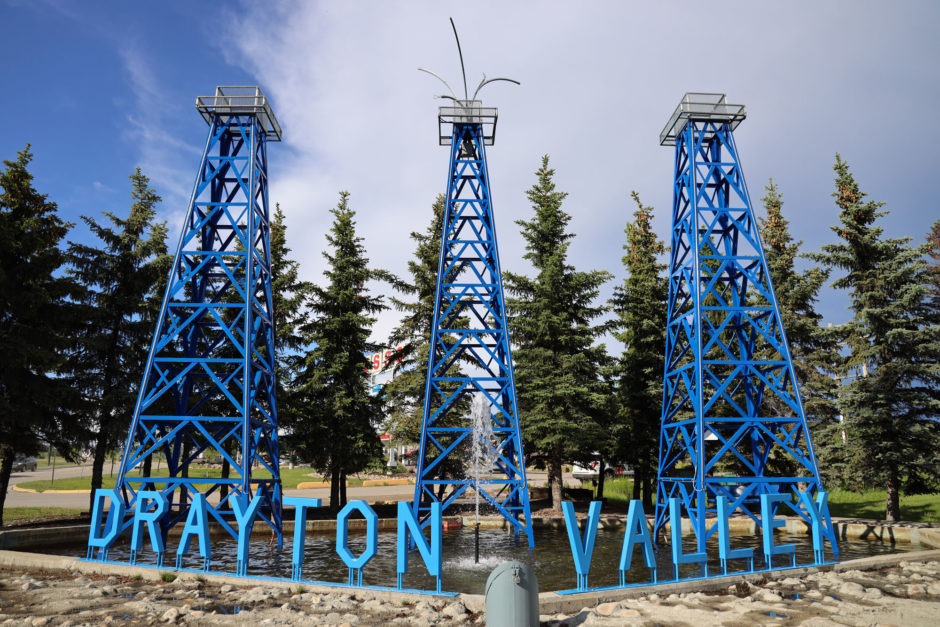June 21, 2019
For 30 years, Douglas Galavan has ridden the oil economy roller-coaster, seeing first-hand what happens to people living in an Alberta oil town as the prices rise and fall.
The owner of a flooring business in Drayton Valley, Alta., Galavan has witnessed the cycle many times since 1990. This time it’s different.
“I've never seen so many adults cry as I have in the last year. These are people that have been pillars in our community and they're getting very worried about not only their businesses but their families as well,” he said.
Galavan and other business owners in the town of 7,200, located about 130 kilometres southwest of Edmonton, draw up their operational plans around the anticipated market changes, building up cash reserves to cushion the blow when the price drops.
His experience has been that things generally improve after about three years into a drop. But since 2014, this cycle has gotten steadily worse.
“The natural cycle led into a political cycle and the two of them combined have made it very long, very drawn out and very deep. So the damage, economically, has been really rough on the community,” Galavan said.
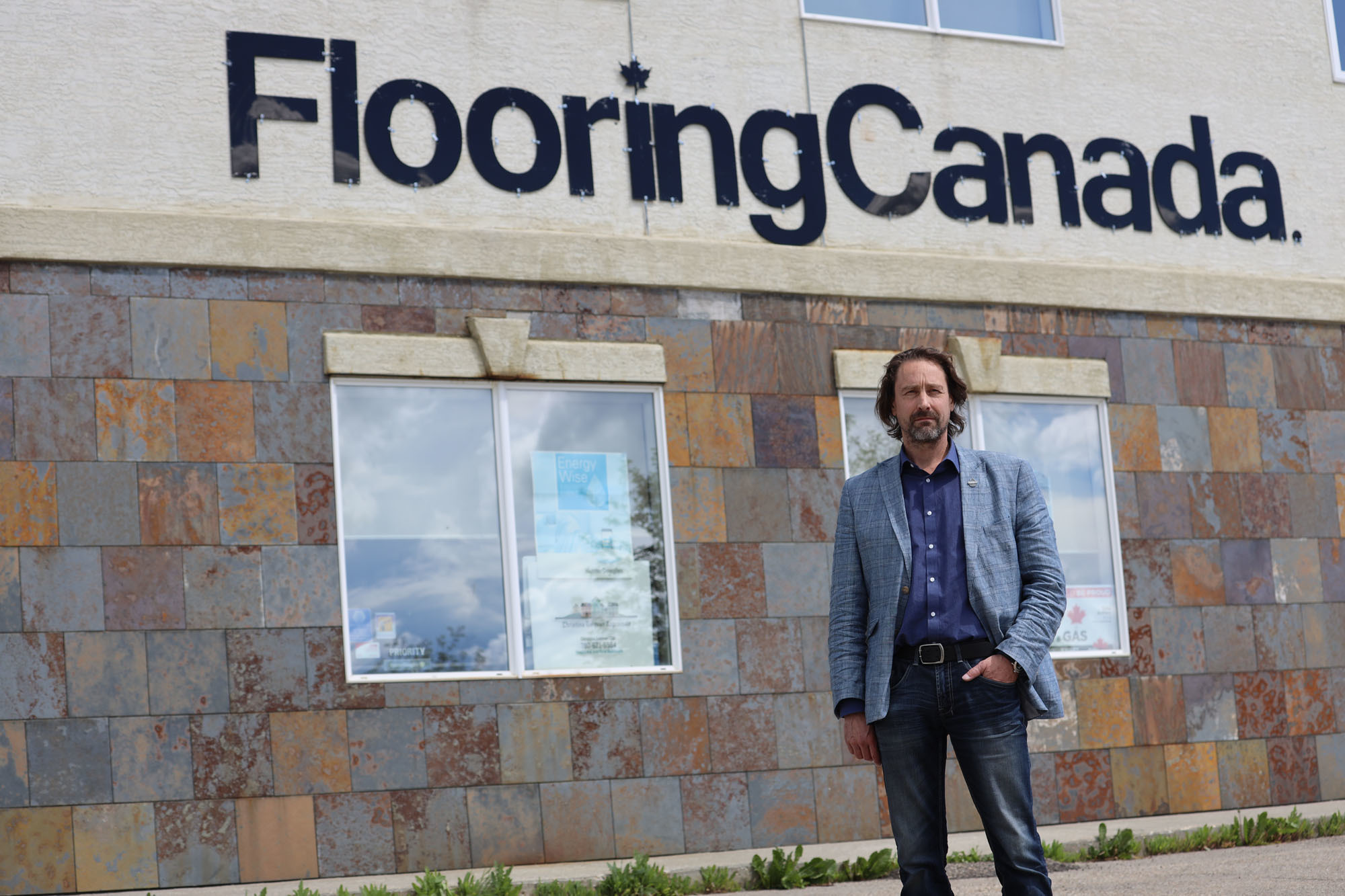
On Tuesday afternoon, a group including Galavan, his wife and daughter gathered around a screen in the offices of Cream Energy Group to watch the federal government’s announcement about the Trans Mountain pipeline expansion project.
Galavan remained expressionless as Prime Minister Justin Trudeau announced the approval of the expansion. Afterward, while speaking about the challenges of the past few years, it was apparent that Galavan is optimistic about the future.
“It’s a step forward. I would like to see shovels in the ground tomorrow but the prime minister says that it’s over the course of the summer that they’re going to have a start time,” Galavan said. “I’ll be a little more relieved when we actually hear that.”
It’s optimism tinged with a healthy dose of caution. Like other residents, Galavan knows there are still struggles ahead. He’s concerned about the long term investment in Alberta’s energy sector in general and he doesn’t think turning things around will be as simple as expanding the pipeline.

Drayton Valley residents are right to be hedging their bets.
Duane Bratt, a political science professor at Mount Royal University in Calgary, noted that the federal government decision has put Trans Mountain on firmer ground but there are no guarantees. There could be continued legal challenges in addition to possible construction and permitting hold-ups, he said.
“I think oil will be flowing by 2022 but given the topsy-turvy nature of the pipeline, the people in Drayton Valley are right to be cautious,” said Bratt.
Like the Drayton Valley residents, Bratt cautioned that the pipeline is not a quick fix. It’s also not going to be the catalyst that will send oil prices back over $100 per barrel.
“We’re not about to go out and hire 130,000 people who lost their jobs. It’s one project. It’s an important project but it’s not the magic wand for the Alberta economy,” Bratt said.
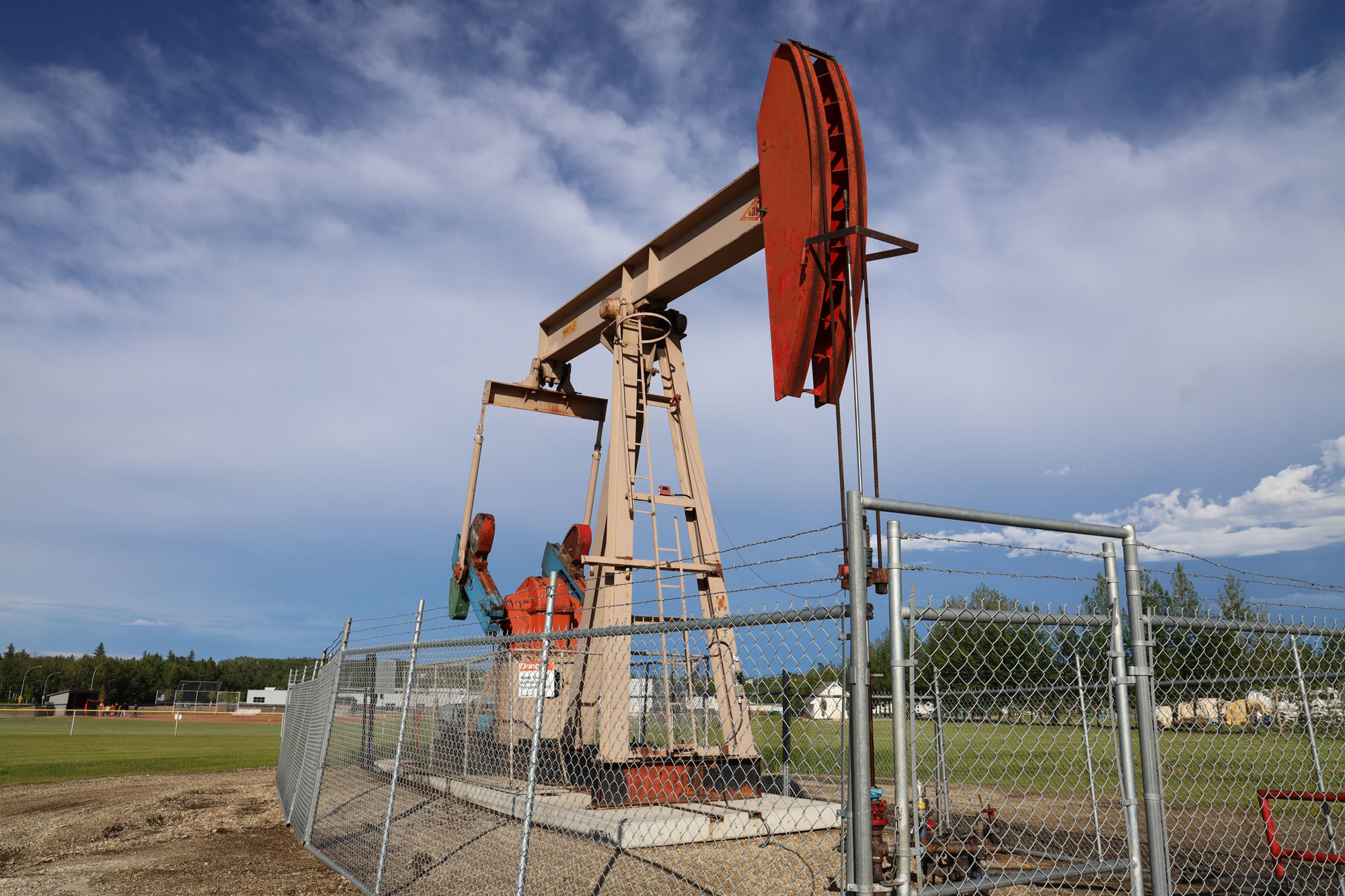
At Galavan’s business, Flooring Canada, sales have dropped off substantially since 2014. The business is currently operating at about 40 per cent of what would be normal; he’s had to cut the workforce from nine employees to four.
“You're heavily invested in your community so you can't sell your properties and move out. You have to kind of weather the storm. And there has been no relief from this one,” Galavan said.
Galavan has no direct connection to oil and gas, aside from friends and family members who work in the industry. But he has felt the impact of low oil prices as much as any other Drayton Valley resident.
“The energy industry touches every element of our society,” he said.
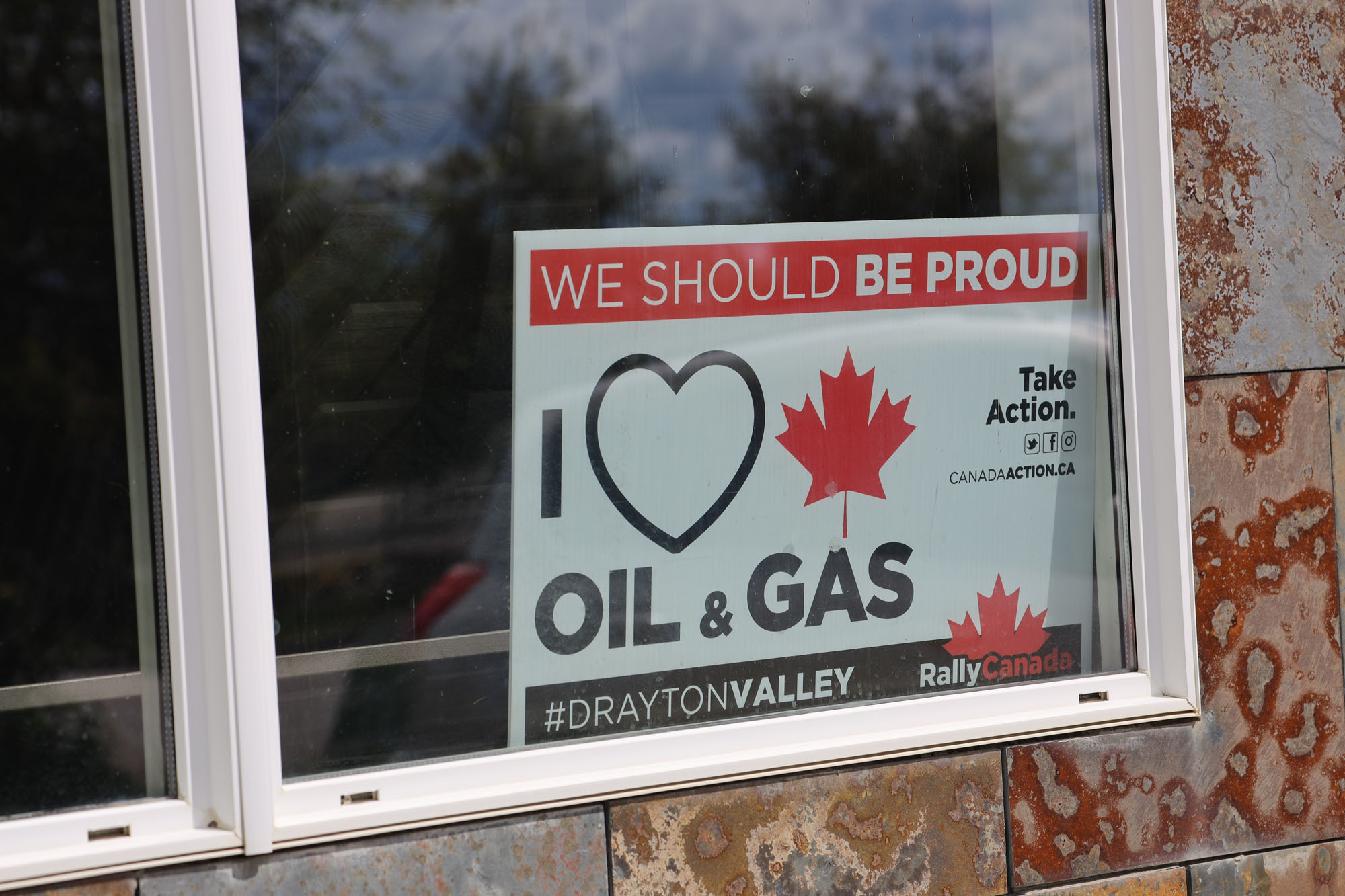
It’s because of that ripple effect that Galavan and four other residents founded Rally Canada, a group advocating for pipelines to be built and for more support given to the energy industry.
Galavan and fellow director Tim Cameron were part of a group who met with Premier Jason Kenney about the creation of a war room to combat misinformation about the industry.
They’ve also been involved in planning five rallies in Drayton Valley, Red Deer and Rocky Mountain House.
Drayton Valley’s mayor, Michael Doerksen, said Rally Canada’s work has made his job a bit easier when he goes into meetings with other government officials. Now, he said, they’re aware of the struggles Drayton Valley is facing.
“We need that exposure,” Doerksen said.

Doerksen recognizes Drayton Valley will always be an oil and gas community but said the town looking at diversification opportunities so that when the next bust happens, the community will be in better shape to handle it.
“It certainly has been a hard time being mayor of a community when you sit back and watch and want to make a difference but a lot of the decisions are out of your control,” Doerksen said.
“It’s been painful to watch it. The coffee shop talk is generally what businesses have closed down this week.”
In the past two weeks alone, two businesses that have operated in the town for decades — J & A Trucking and Trican Well Service —announced closures of their local offices.
“We try to tell people stay positive, but when you’ve been down for so long it really is a challenge,” Doerksen said.
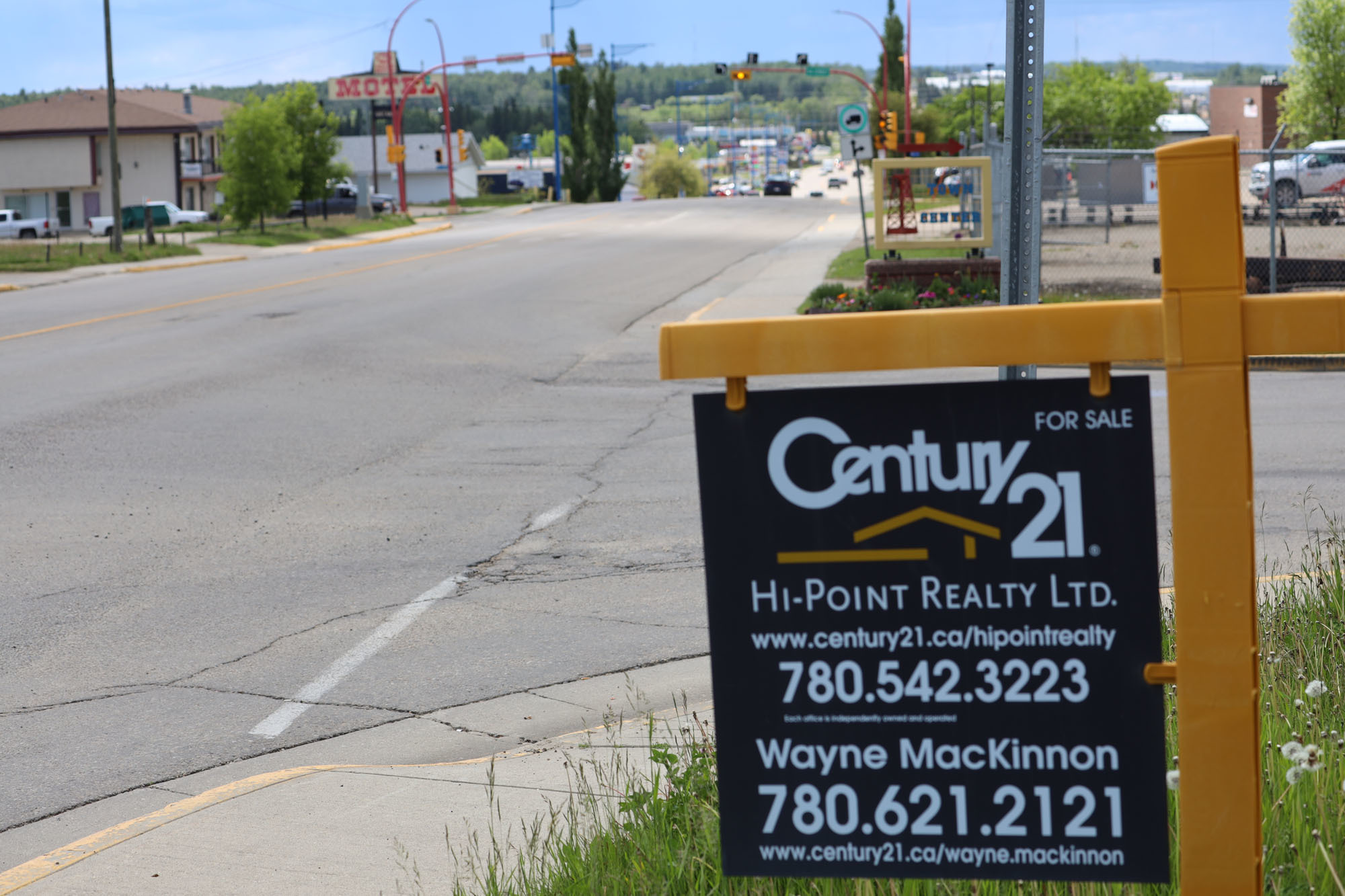
Michael Kos, who has lived in Drayton Valley practically his whole life, is one of those residents who is struggling to stay upbeat.
Kos was out for dinner at Mr. Mikes with his daughter on Tuesday night to celebrate her last day of preschool.
“The last two-and-a-half, three years have been a lot of uncertainty for myself and my family,” he said. Treats like going out for dinner have become fewer and farther between “just because we can’t afford it.”
Kos echoes the sentiments of other residents that approving the Trans Mountain expansion is a good start — but there’s still a long way to go to get Canadian oil to foreign markets.
“I just really hope we can get it built,” Kos said.
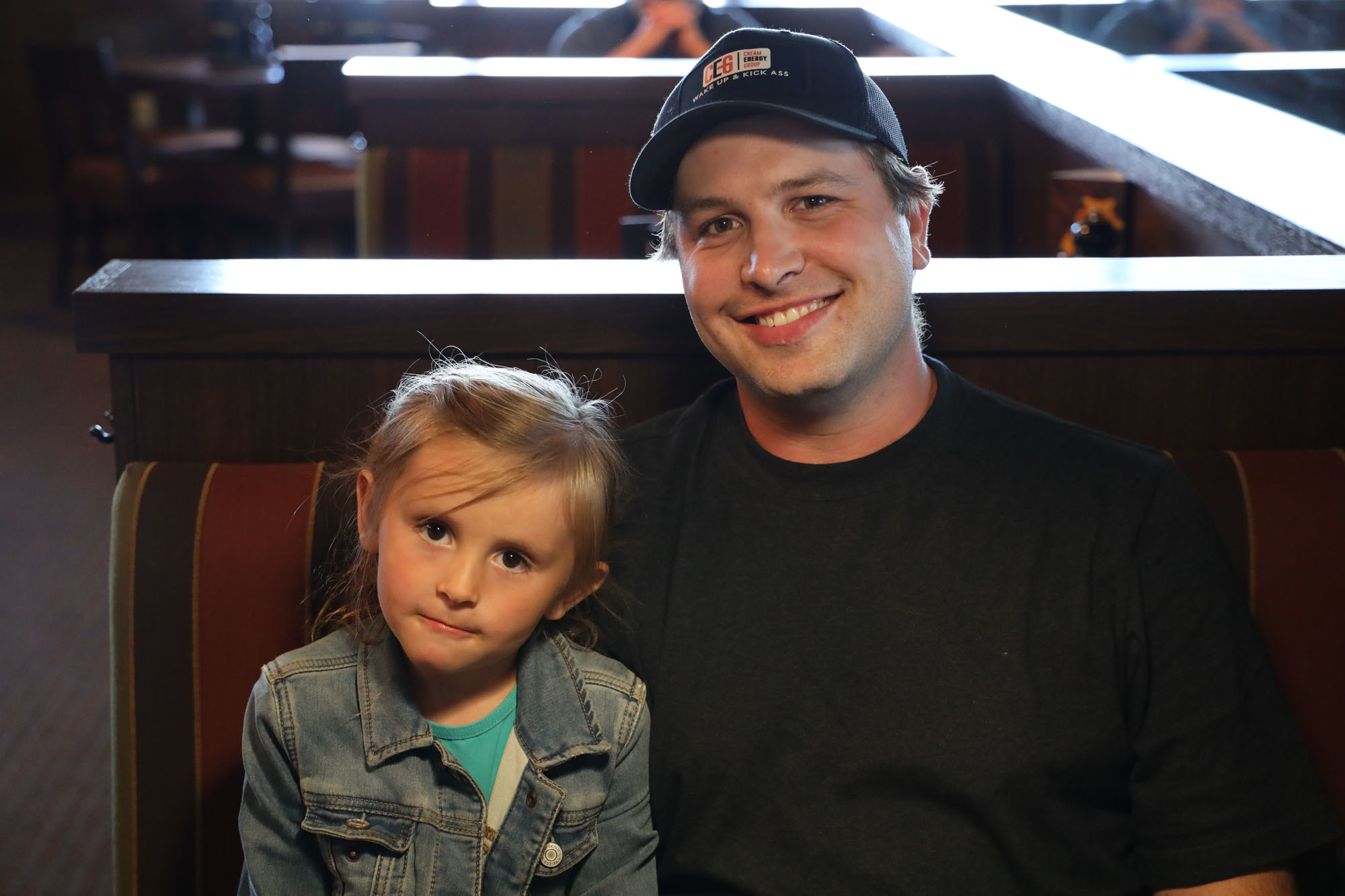
Doerksen said it’s daunting to consider that it will still be a few years down the road before the pipeline is completed, given that so many people in Drayton Valley have been fighting to hang on for close to five years already.
The number of people using the town’s food bank is increased and mental health challenges are becoming more of an issue, said the mayor.
“We’re hoping the announcement can bring some optimism back to the community and we start seeing more investment dollars flow in so we can see an impact before it’s completed,” Doerksen said.
In the meantime Doerksen will continue to fight for Drayton Valley and the people who live there.
“[This] decision really doesn't have a huge impact on that.”
